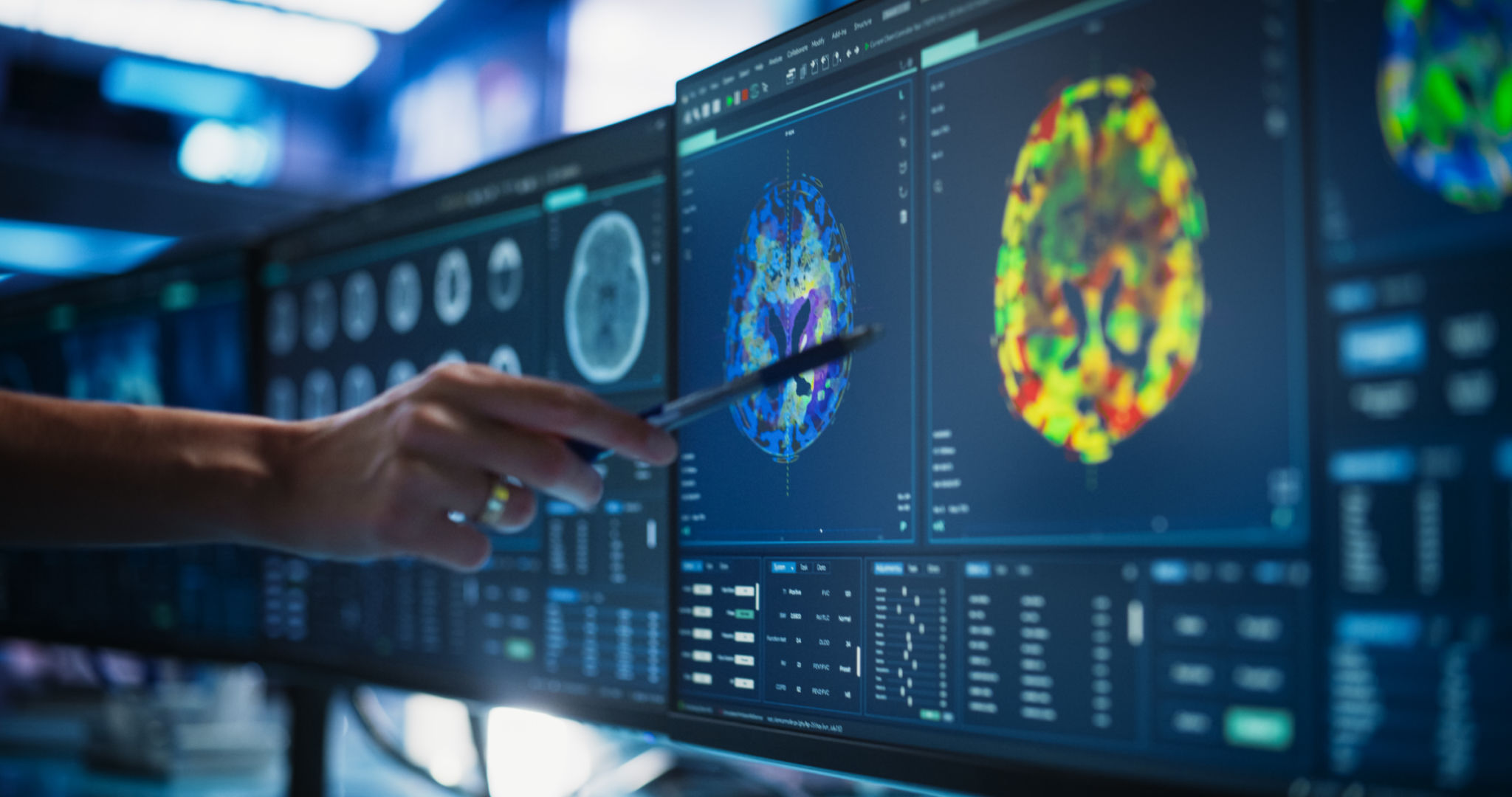Exploring the Benefits of MRI for Early Diagnosis and Treatment
Understanding MRI Technology
Magnetic Resonance Imaging (MRI) is a non-invasive diagnostic tool that has revolutionized the field of medicine. It utilizes powerful magnets and radio waves to generate detailed images of the organs and tissues within the body. Unlike other imaging technologies such as X-rays or CT scans, MRI does not use ionizing radiation, making it a safer option for patients.
The clarity and detail provided by MRI scans allow healthcare professionals to diagnose a variety of conditions early, facilitating prompt treatment and improving patient outcomes.

Early Diagnosis: A Key to Successful Treatment
One of the primary benefits of MRI is its ability to detect diseases at an early stage. Early diagnosis is crucial because it increases the chances of successful treatment and can significantly reduce the severity of symptoms. Conditions like tumors, neurological disorders, and cardiovascular diseases can be identified early through MRI, allowing doctors to devise effective treatment plans.
For instance, in oncology, MRI can help in detecting tumors that are not visible with other imaging techniques. This early detection can lead to timely interventions, which are often less invasive and more successful.
The Advantages of MRI Over Other Imaging Techniques
MRI offers several advantages over traditional imaging techniques. Firstly, its ability to produce high-resolution images makes it an indispensable tool in diagnosing soft tissue injuries, brain disorders, and spinal conditions. Unlike X-rays, which are more effective for viewing bones, MRIs provide a clearer picture of soft tissues.
Another advantage is the absence of ionizing radiation, which makes MRI a preferred choice for repeated scans, especially in chronic conditions where patients require regular monitoring.

Improving Patient Comfort and Safety
Modern MRI machines are designed with patient comfort and safety in mind. With advancements in technology, newer MRI machines produce less noise and are quicker, reducing the discomfort associated with long scan times. Additionally, open MRI machines are available for patients who experience claustrophobia in traditional closed systems.
MRI in Personalized Medicine
In recent years, MRI has played a pivotal role in the development of personalized medicine. By accurately mapping the anatomy and pathology of an individual patient, MRI aids in tailoring treatments specific to each patient’s needs. This personalized approach enhances treatment efficacy and minimizes potential side effects.
The use of functional MRI (fMRI) further expands its capabilities by measuring brain activity through changes in blood flow, offering insights into brain function and aiding in the treatment of psychiatric disorders.

The Future of MRI Technology
The future of MRI technology looks promising with continuous advancements aimed at improving image quality and reducing scan times. Researchers are exploring the integration of AI with MRI to enhance diagnostic accuracy and automate image analysis, which could lead to faster diagnoses and improved patient care.
As technology evolves, we can expect more innovations that will further cement MRI's role as a cornerstone in early diagnosis and treatment across various medical fields.
